Keywords: Usa
There are more than 200 results, only the first 200 are displayed here.
-
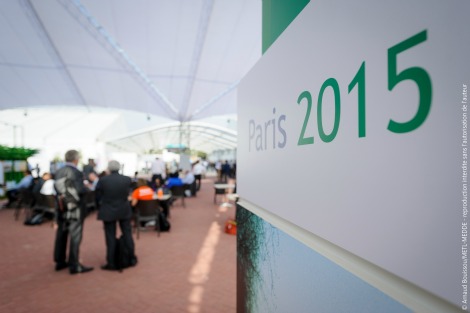
INTERNATIONAL
- Bronwyn Lay
- 10 December 2015
3 Comments
Located in Paris in the aftermath of the attacks, COP21 spookily mirrors how climate change politics occurs within complex and pre-existing power structures that determine its effectiveness. Social and environmental wars merge with increasing intensity: from Syria to the Arctic, from Indonesia to Paris. Climate change complexity matches the complexity of terrorism. Causal chains of social conflict are as complicated as carbon movements that result in environmental distress.
READ MORE 
-

AUSTRALIA
- Frank Brennan
- 10 December 2015
I first met this Tony on my regular visits here to Darwin when he was working at the North Australian Aboriginal Legal Aid Service and then when he set up the mediation services under the auspices of Anglicare. In later years I knew him when he was your Anti-Discrimination Commissioner. He was a quiet, considered, gentle, strong and principled man. On Human Rights Day, it is only fitting that I honour Tony by offering some reflections on the architecture for human rights in Australia, on the contemporary human rights controversies, and on the way forward for better protection of the human rights of Aborigines and asylum seekers, two marginalised groups who had a special claim on Tony's sympathies.
READ MORE
-

RELIGION
- Frank Brennan
- 04 December 2015
1 Comment
'Tonight, gathered here in the Southern Cross Club in the national capital, gathered as Eureka's children. We affirm that there is room for everyone under the Southern Cross. I hope you will return to Canberra carrying the Southern Cross flag when we proclaim the Australia Republic on 1 January 2020 which will be two elections after Australia last had a monarchist leader of a major political party. Tony Abbott is the last of his type. Whether the prime minister honoured to witness the proclamation is Malcolm Turnbull, Bill Shorten or another matters not.' Annual Dinner for Eureka's Children, Southern Cross Club, Canberra, 3 December 2015.
READ MORE
-
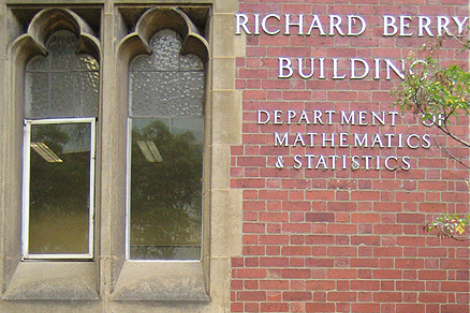
AUSTRALIA
- Jeff Sparrow
- 02 December 2015
7 Comments
For many years, historian Gary Foley has drawn attention to the racist past inscribed throughout the infrastructure of Melbourne University. Now, some staff and students are campaigning to rename facilities linked to particularly egregious individuals, such as the Richard Berry building, named after a leading eugenicist who stole the corpses of Indigenous people for research designed to prove the racial superiority of whites. While some accuse the campaigners of politically correct censorship, in fact the past has already been censored, and the campaigners are dragging it back into the light.
READ MORE 
-
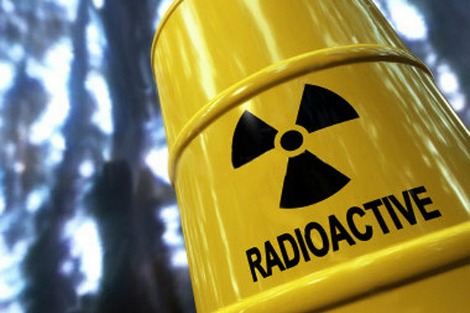
ENVIRONMENT
- Michele Madigan
- 18 November 2015
14 Comments
It's no surprise that three of the federal government's shortlisted sites for the proposed national radioactive waste facility are in South Australia, the 'expendable state'. And it's disturbing to find that the owner of at least one of the sites has been misinformed, believing 'It's basically only a medical waste facility.' In fact the farmer and Indigenous opponents of the sites are right to be concerned. The intermediate level waste housed at such a facility will be hazardous for thousands of years.
READ MORE 
-
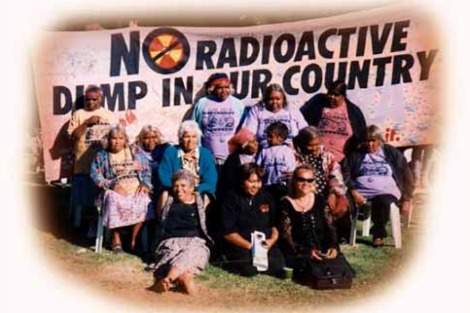
AUSTRALIA
- Michele Madigan
- 10 November 2015
18 Comments
The budget for the 2015 Indigenous Advancement Strategy funded South Australian Aboriginal communities less than ten per cent of what they required, and some received nothing at all. So with the prospect mooted of the state hosting a depository for the world's high-level radioactive waste, it's a very relevant concern that some communities might be enticed to offer themselves as a site. This is not only a justice issue for those communities; the environmental implications are far-reaching.
READ MORE 
-

ARTS AND CULTURE
- Tim Kroenert
- 06 November 2015
2 Comments
Pakistani teenager Malala Yousafzai came to international prominence in 2012 after being shot in the head by a Taliban gunman, for her advocacy for girls' education. He Named Me Malala ponders whether her father shares indirect responsibility for the shooting, as he encouraged her advocacy. The question of exploitation is relevant whenever a child enters the public gaze, but here it threatens to undermine Malala's own agency, as a young woman who can think, speak and act powerfully on her own behalf.
READ MORE 
-
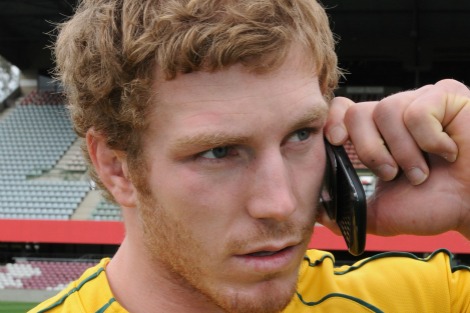
AUSTRALIA
- Andrew Hamilton
- 05 November 2015
10 Comments
What are spectators to make of Adam Goodes' challenge to racial prejudice? What are they to make of David Pocock's outspoken defence of the environment and criticism of coal mining, or of his and his partner's refusal to marry in solidarity with LBGT couples? They make space for us to reflect on our own response to large human questions. But that space also invites us to judge our own integrity. The opprobrium such role models meet may arise out of discomfort with unwelcome self-questioning.
READ MORE 
-

ENVIRONMENT
- Nicholas Low
- 04 November 2015
20 Comments
Environmental justice will be part of the discussion in Paris this month. The principle of justice says each person is of equal value no matter which nation or ethnic group they belong to. Each Australian contributes 16 tonnes of carbon dioxide per year, while each Bangladeshi contributes a little more than a third of a tonne. If the principle of justice is applied, Australia will have to move from 16 tonnes per person to about a third of a tonne, roughly equivalent to what a Bangladeshi emits now.
READ MORE 
-

EUREKA STREET TV
- Peter Kirkwood
- 28 October 2015
4 Comments
'How we address radicalisation as a psychologist is to help people to examine their way of thinking. Every form of radicalisation and fundamentalism is to do with rigidity in the way people think. Our job is to help people to see that rigidity in anything doesn't work.' Clinical psychologist Shehzi Yusaf has a particular interest in the role of religion and spirituality in mental health. She is based in Parramatta, the site of the recent murder of NSW police employee Curtis Cheng by 15-year-old Farhad Jabar.
READ MORE 
-

AUSTRALIA
- Frank Brennan
- 23 October 2015
4 Comments
Francis knows there are all sorts of issues inside and outside the Church where for too long people with power have tried to keep the lid on, in the hope that the problems and complexities will go away, often by parodying those who see the problems or complexities as small 'l' liberals or cafeteria Catholics. He delights in being joyful and troubled while contemplating big problems, calling people of good will to the table of deliberation reminding them of the kernel of the Christian gospels. He has the faith and hope needed to lift the lid without fear and without knowing the answers prior to the dialogue occurring.
READ MORE
-
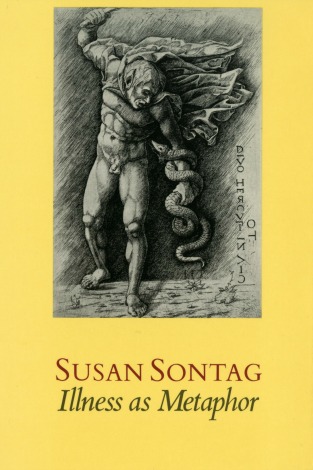
AUSTRALIA
- Ellena Savage
- 09 October 2015
7 Comments
While suffering from cancer, Susan Sontag suggested that it, like tuberculosis the previous century, was a disease shrouded in metaphor, morality, and silence. As time passed and the AIDS epidemic raged, she expanded her analysis to include that virus. What would she think of today's culture around mental illness? Like allergies, some of the origins of mental illnesses are societal. And the social and political conditions which produce illness are not generally a part of the medical project.
READ MORE 